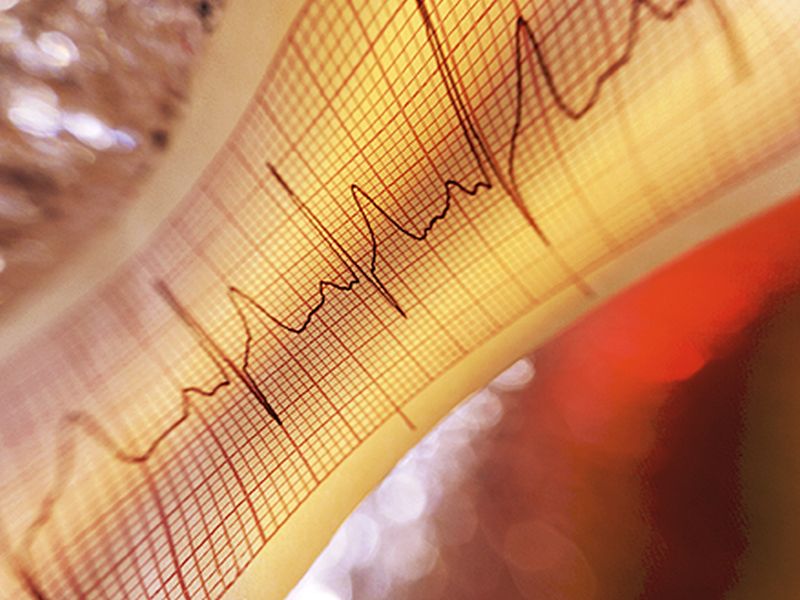
Even amid an epidemic of abuse, opioid painkillers are still commonly prescribed to teenagers and young adults for conditions like tooth and back pain, a new study finds. Researchers found that between 2005 and 2015, opioids were prescribed to teens and college-age adults at nearly 57 million visits to doctors’ offices and emergency departments in… read on >




























